Lameness is an abnormal gait or stance of an animal that is the result of dysfunction of the locomotor system.In the horse, it is most commonly caused by pain, but can be due to neurologic or mechanical dysfunction.Lameness is a common veterinary problem in racehorses, sport horses, and pleasure horses.It is one of the most costly health problems for the equine industry, both monetarily for.. Step 1: Prevent. The first step for any health concern is prevention. If you can manage your horse carefully and avoid injury altogether, you'll always be ahead of the game. To prevent injury in your performance horse, pay attention to the following factors: Conditioning: A fit horse is a strong horse—and he's less likely to be injured.

The Art of Seeing Lameness
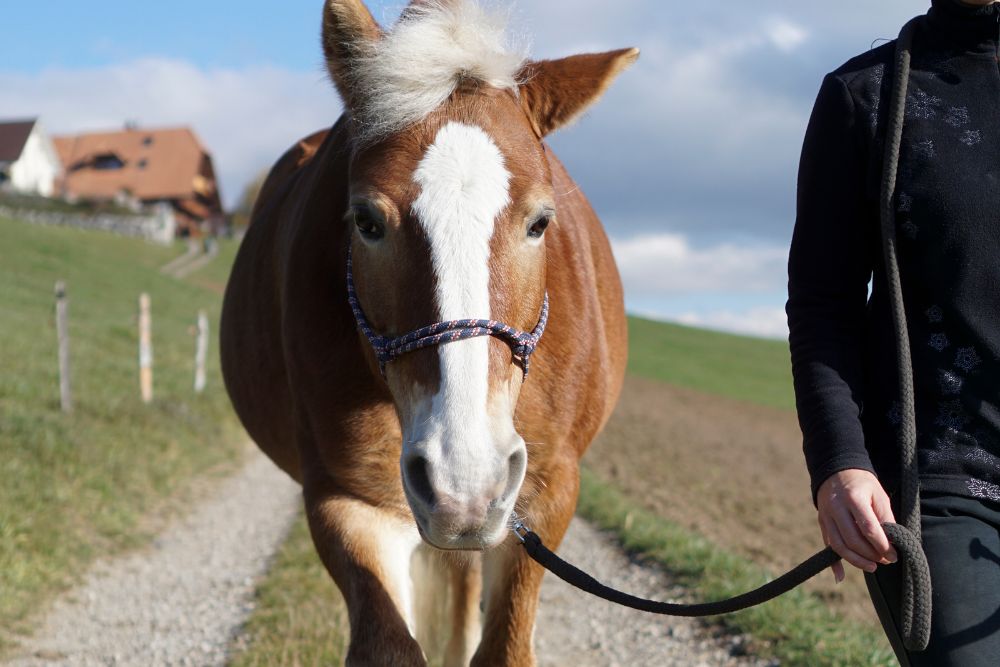
Horse Is Lame What Does This Mean?
![The 4 Basic Horse Gaits Explained [Diagrams & Animations] The 4 Basic Horse Gaits Explained [Diagrams & Animations]](https://www.horsesandus.com/wp-content/uploads/2020/12/horse_basic_gaits.jpg)
The 4 Basic Horse Gaits Explained [Diagrams & Animations]

Common Causes of Lameness in Horses The Horse
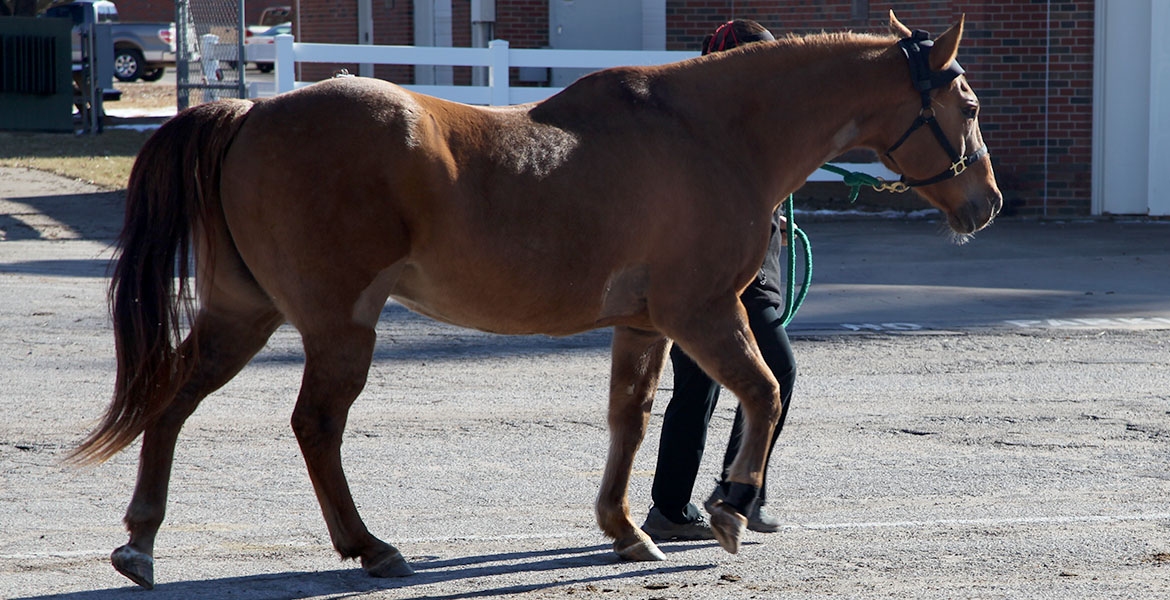
Taking the Guesswork out of Equine Lameness Detection Oklahoma State University

Lame Meaning What Does Lame Mean? with Useful Examples • 7ESL
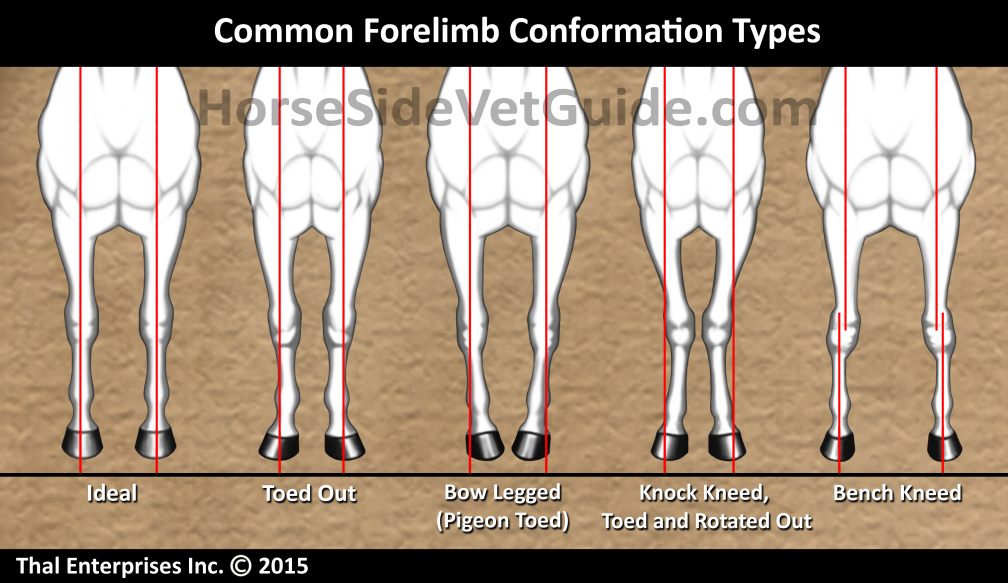
Lameness & The Lameness Exam What Horse Owners Should Know

Lame horse Funny horse memes, Horse cartoon, Inspirational horse quotes

Learn Which of Your Horse's Legs Is Lame Horse&Rider Western Training HowTo Advice

Can You Tell When Your Horse Is Lame? Horse care, Equine veterinary, Horse life

6 Common Causes Of Lameness In Horses Horses, Horse care, Horse injuries

Lameness & the Lameness Exam What Horse Owners Should Know Horse Side Vet Guide

lamehorse Prescott, AZ Animal Communicator Animal & People Bridges

Basic method for visually assessing lameness in the horse. From Equine Lameness for the Layman

What Does It Mean When A Horse Is Lame? Animal Javas

Lameness — Aramat Equine Services

Horse Lameness YouTube
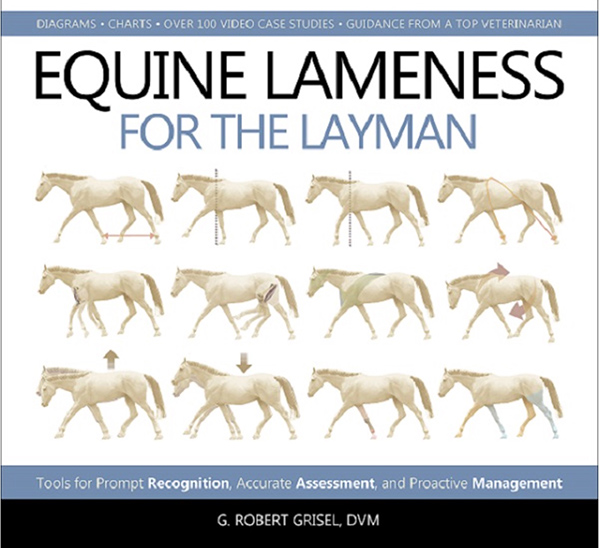
Equine Lameness For the Layman Equine Chronicle
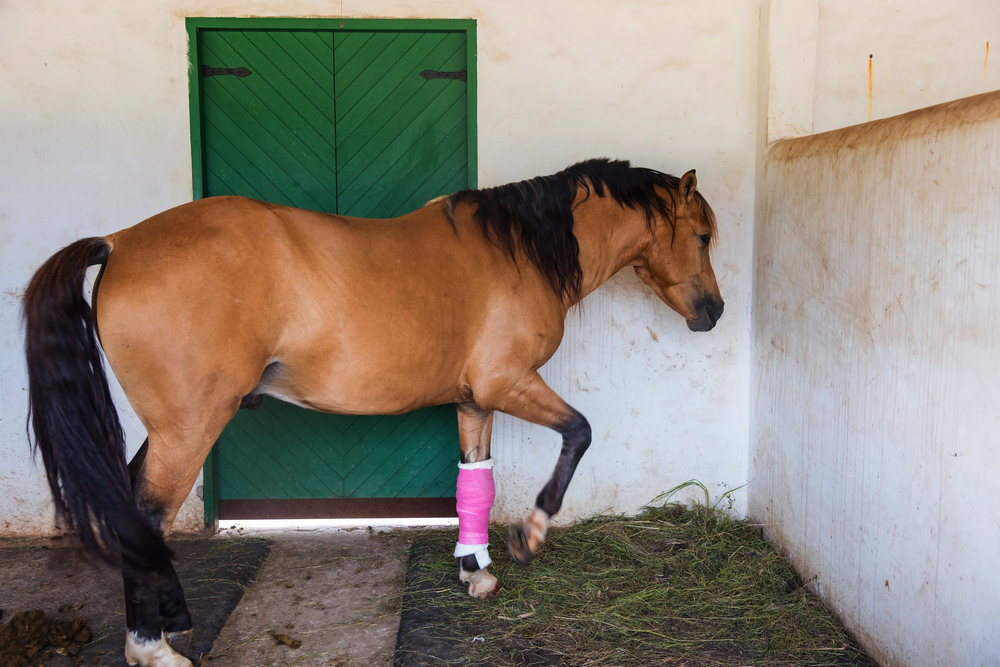
How To Notice And Treat Lameness In Horses
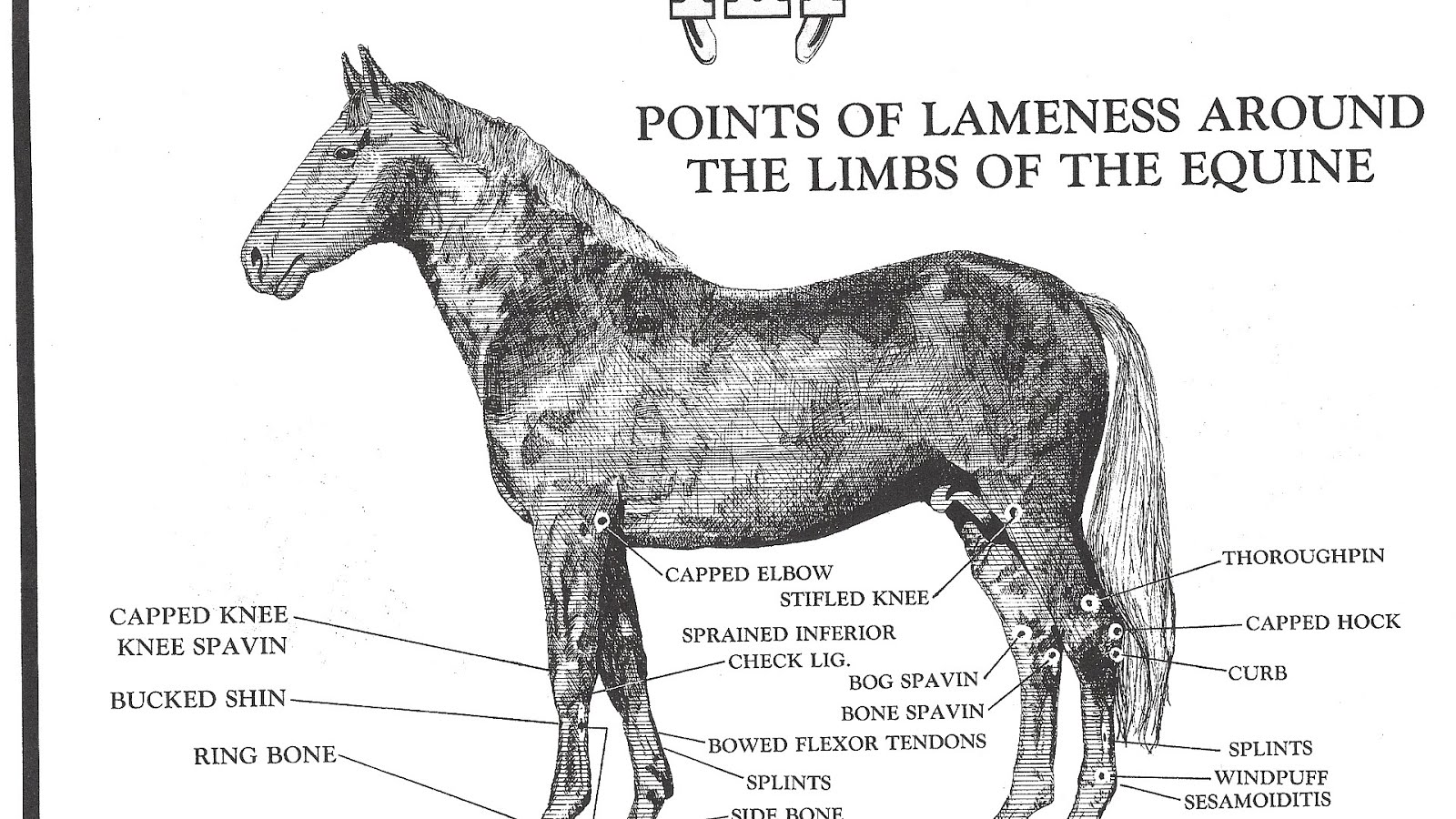
Lameness (equine) Horse Lameness Horse Choices
Lungeing: Lameness is often more pronounced when the horse is worked in a circle so lungeing can help vets to identify more subtle problems. Flexion tests: Following the initial trot-up assessment, flexion tests may be performed one at a time and the horse's response will be assessed by comparing the movement to the original trot-up. Flexion.. The horse may look slightly lame at some times and not at others, regardless of whether it is worked in hand or under saddle, on hard or soft ground, and in straight or circular patterns. Grade 2 means the lameness is hard to detect at a walk or trot in a straight line. However, it can consistently be seen under certain conditions such as when.